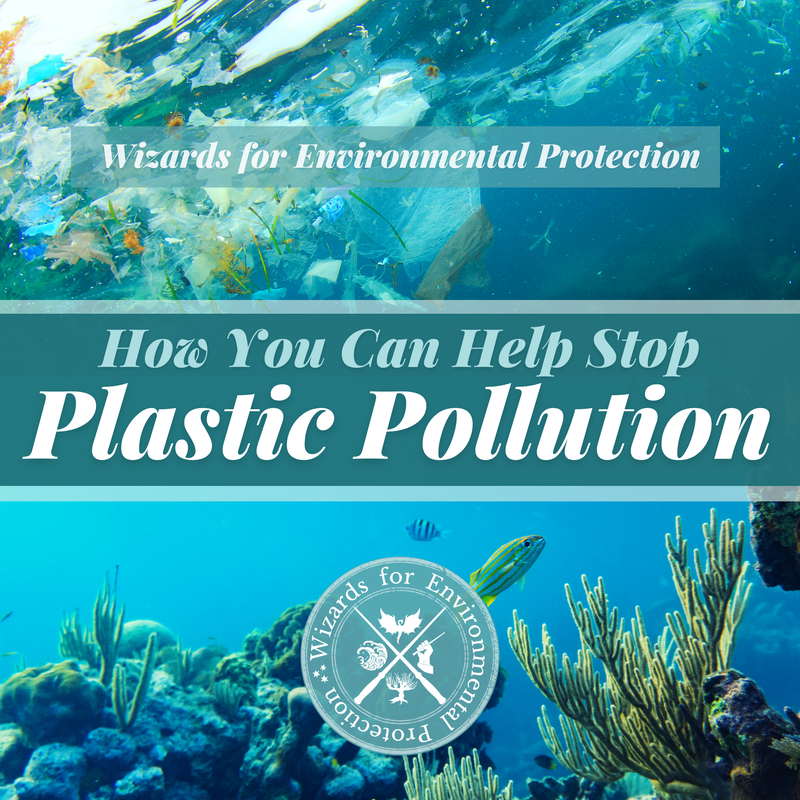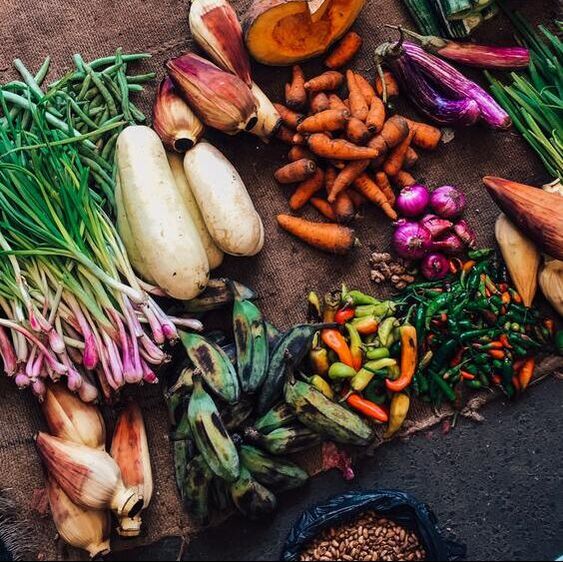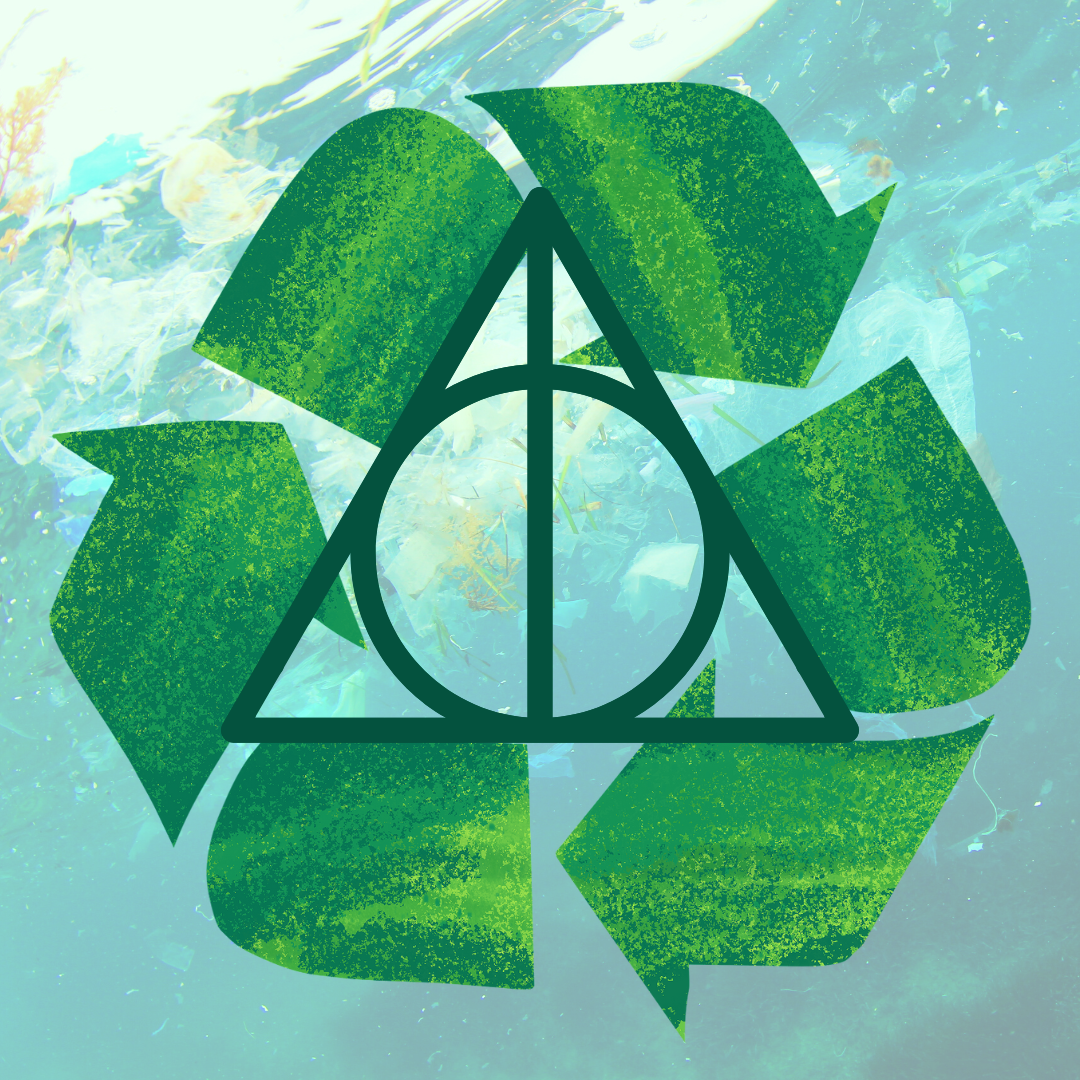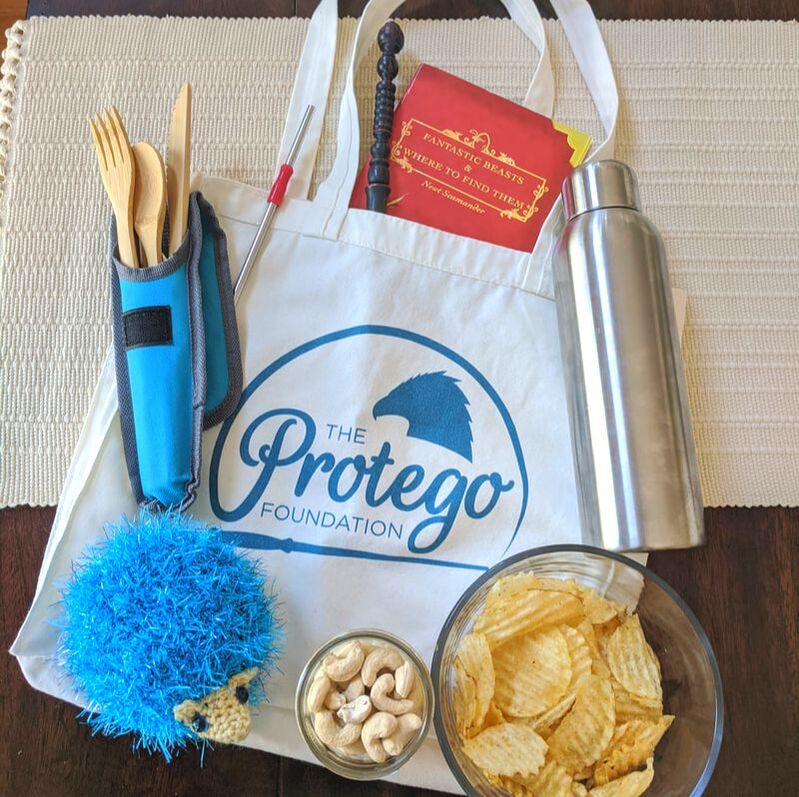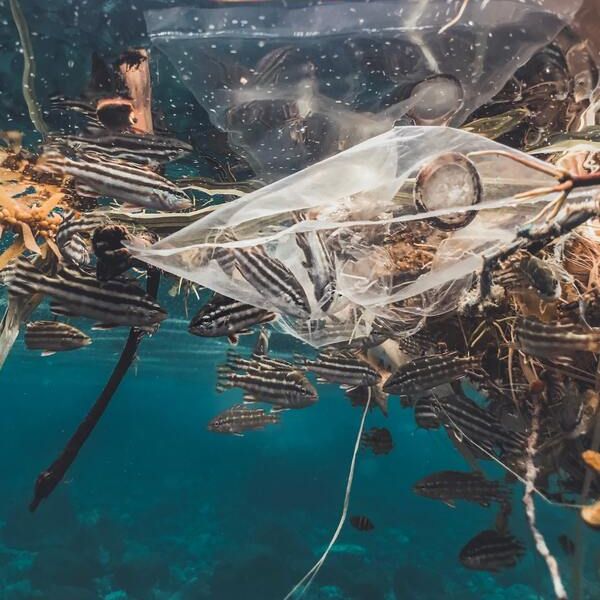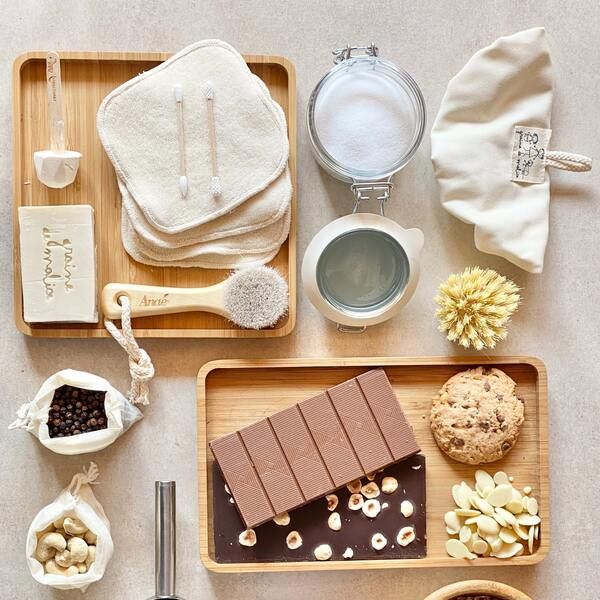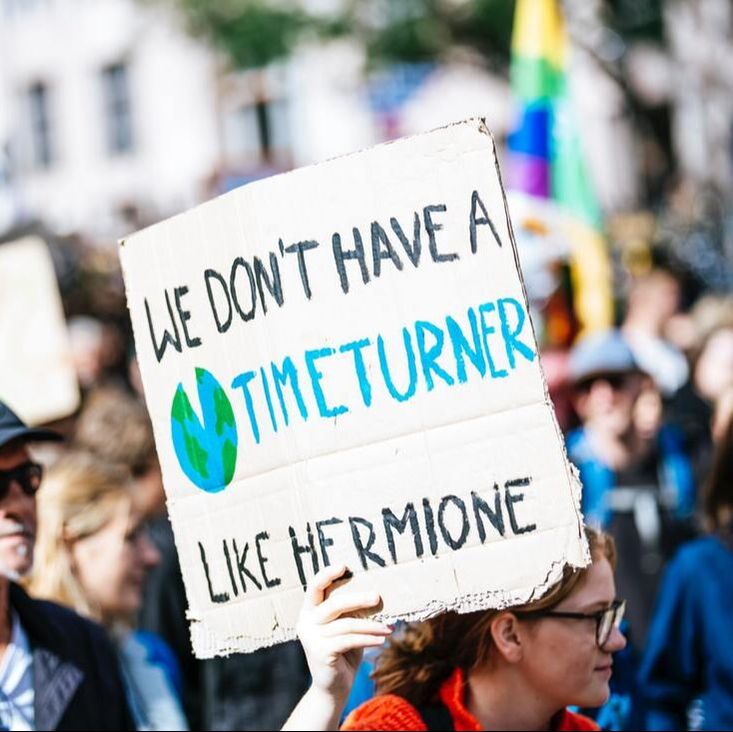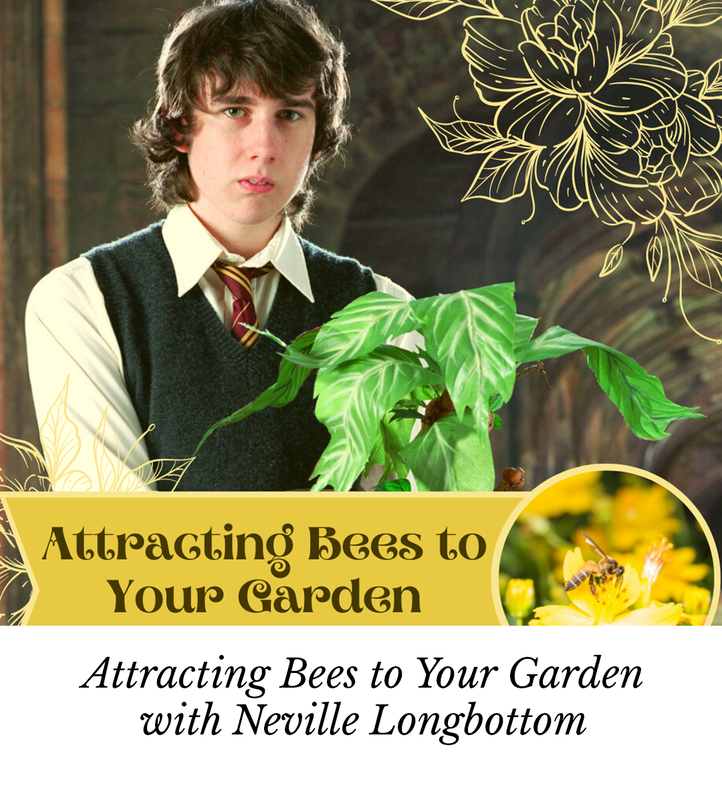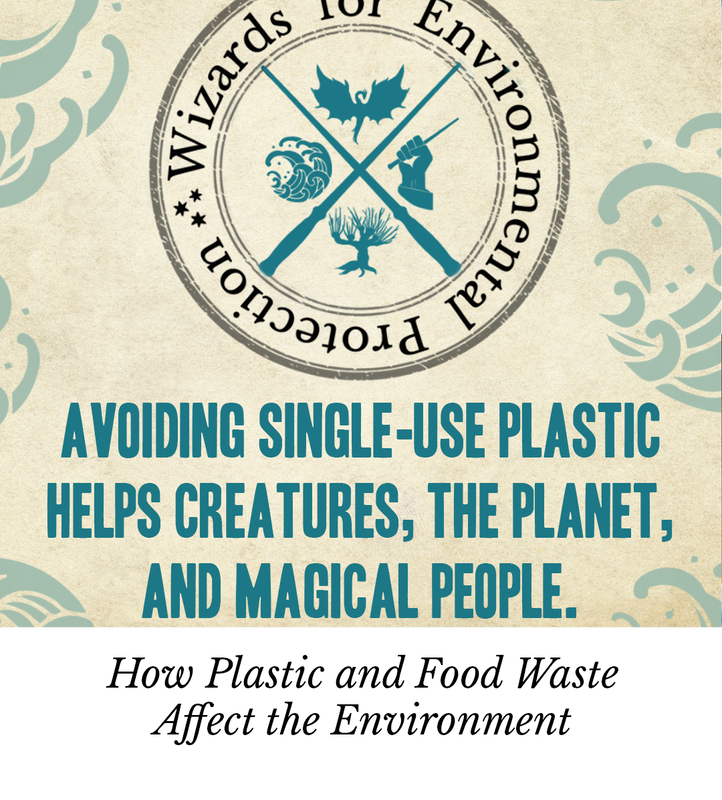Humans produce 380 million tons of plastic every year. As plastic waste breaks down, it turns into microplastics, which are tiny fragments that are less than 5 millimeters long. Microplastics are mistaken as food by birds and sea-dwelling animals, and some pieces are so small that they end up circulating back into the food humans eat. Every week, we unknowingly eat and drink plastic matter equivalent to the size of a credit card. And these microplastics can even end up in our own bloodstream! It’s time to come together and cast Protego on our oceans! Take a look below to discover easy and powerful ways that you can help make a difference and reduce the amount of plastic pollution harming our planet and its creatures. Reduce, Reuse, & RecyleReduce By refusing to buy plastic products or reducing the amount of plastic you buy, you’re taking a stand and showing the manufacturers that it’s not needed. Choose package-free options, buy in bulk, or choose to purchase larger packages to avoid single-portion items. Below are a few examples:
You can also make lots of easy eco swaps by choosing to switch your disposable plastics for reusable materials. Here are some to get you started:
Reuse If an item can’t be recycled or it looks like it still has potential, don’t throw it away. Instead, try to reuse or repurpose it. Below are some ideas of how you can reuse or repurpose your plastic products and clothing to ensure they don’t end up in the landfill or the ocean. Plastic products:
Clothing:
Recycle Unfortunately, not all types of plastic can be recycled, and of the plastic that can be, 91% of it ultimately isn’t. Did you know there are seven different grades of plastics used in commercial goods? You can make Hermione Granger proud by educating yourself about which plastics you can recycle at home and which need to be taken to a specialized center or drop-off point. Many types are not easily recyclable, which is why it’s better to avoid plastic altogether. Beach, River, & Land Clean-upsSea animals often get tangled and trapped in fishing nets and regularly ingest plastic, which can lead to choking and other severe and fatal injuries. Plastics like fishing nets account for 46% of the Great Pacific Garbage Patch, a mass of plastic twice the size of Texas that weighs approximately 80,000 tons. Studies have shown that of the approximately 700 species that have encountered marine debris, 92% of these interactions are with plastic. These horrific facts and figures show the devastating effect plastic is having on our marine ecosystem, which is why we have to act now. By taking part in beach, river bank, or land clean ups, you can ensure that the rubbish you pick up is discarded in the correct places and that it won’t end up back into land or marine ecosystems. Here’s some useful advice for when you head out to Accio litter:
Choose Your Cosmetics & Washing Products CarefullyWhen you buy cosmetics or personal care products like exfoliating face scrubs or body washes, look out for “polyethylene” in the ingredients. That ingredient indicates plastic microbeads. When these seemingly harmless beads go down the drain, they slip through water-treatment plants and often go directly into waterways where they poison creatures who mistake them for food. Instead, opt for products with natural exfoliants such as walnut shell powder, oatmeal, ground aduki beans, berry seeds, or salt. Ginny Weasley actress, environmental activist, and film director, Bonnie Wright, recommends DIYing your own body scrubs by repurposing your coffee grounds! Reconsider buying bottles of liquid shampoo, conditioners, and body washes. Many of these products are now sold in bar form without any plastic packaging, and you can find more and more DIY recipes to make your own personal care products from ingredients you already have on hand. Spread the Word About Plastic PollutionYour voice and your actions make a difference. Raise awareness within your friend and family circle about plastic pollution and the effect it’s having on our planet and the animals who live on it. Educate people about the importance of recycling and reusing plastic products and share actions they can take to help reduce their impact on the environment. Campaign against single use plastics. Write to your local council, create or participate in petitions that can be sent to your government, send messages to companies that use a lot of plastic requesting that they switch to sustainable alternatives, and assess your local community and the effectiveness of the recycling and waste systems currently in place. Learn how you can Fight For The Ocean at home with the Food Empowerment Project, take part in Plastic Free July, and support the work of WWF in the fight for our world. Helpful ResourcesBooks:
Documentaries: Nonprofit Organizations: Let us know what steps you’ll be taking to reduce plastic pollution within your household and local communities. Tag us on our socials to share how you’re making a difference and helping to create a greener, happier planet for humans and magical creatures! Written by Grace Hurley Accio More Articles:
0 Comments
Your comment will be posted after it is approved.
Leave a Reply. |
The Protego Foundation's work is made possible, in part, thanks to Tylor Starr.
The Protego Foundation and its activities are not licensed by, sponsored by or associated with Warner Bros., J.K. Rowling, or their affiliates. 'Wizarding World,' 'Harry Potter,' ‘Fantastic Beasts' and all related names, characters and indicia are trademarks of and © Warner Bros. - Harry Potter publishing rights © J.K. Rowling.
FEIN 83-3531129
The Protego Foundation and its activities are not licensed by, sponsored by or associated with Warner Bros., J.K. Rowling, or their affiliates. 'Wizarding World,' 'Harry Potter,' ‘Fantastic Beasts' and all related names, characters and indicia are trademarks of and © Warner Bros. - Harry Potter publishing rights © J.K. Rowling.
FEIN 83-3531129

